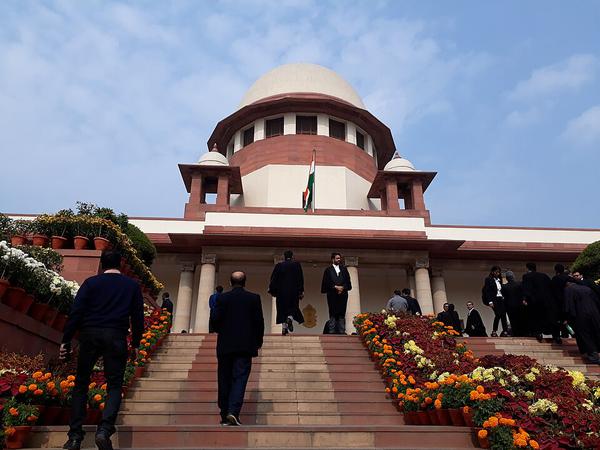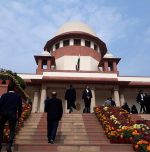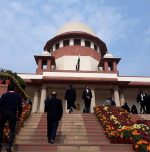Supreme Court hears key Waqf Act challenge amid national debate

A major legal showdown unfolds today as the Supreme Court begins hearing petitions against the Waqf (Amendment) Act, 2025.
The case carries wide national implications for religious autonomy, land rights, and the constitutional limits of state power.
A three-judge bench, led by Chief Justice Sanjiv Khanna and joined by Justices Sanjay Kumar and KV Viswanathan, will hear at least five petitions.
Among them is one by AIMIM chief and Hyderabad MP Asaduddin Owaisi. With CJI Khanna retiring on May 13, the court has limited time for a final hearing.
The petitioners challenge key provisions of the amended law. One of the most contested issues is the inclusion of non-Muslims in Waqf boards and the Central Waqf Council.
Critics argue this change undermines the religious character of Waqf governance.
In contrast, the Centre claims the law was passed after due deliberation in Parliament and should not be stayed without full arguments.
On April 17, Solicitor General Tushar Mehta told the court that the government would pause the implementation of sensitive provisions.
This included halting appointments to Waqf boards and stopping the denotification of waqf properties, especially those under “waqf by user”, lands used informally for religious or charitable purposes.
The Ministry of Minority Affairs later filed a 1,300-page affidavit defending the Act. It argued that the amendment does not interfere with religious practice and that “waqf by user” has long had a legal basis.
It also warned against judicial overreach, saying courts should not replace legislative decisions. Moreover, it blamed the earlier law for allowing encroachments on private and public land.
However, the All India Muslim Personal Law Board accused the Centre of submitting false data. It demanded that action be taken against the officials responsible.
This legal battle is significant. It will decide how far Parliament can go in regulating religious trusts.
It also tests the balance between religious freedom and government oversight.
Public interest is high, as the law could impact over 20 lakh acres of registered waqf land across India.
The case will resume today, with implications that could reshape minority rights and land governance in the country.
Image Credit: Pinakpani, CC BY-SA 4.0, via Wikimedia Commons
Image Reference: https://commons.wikimedia.org/wiki/File:Supreme_Court_of_India,_inside_view_07.jpg








